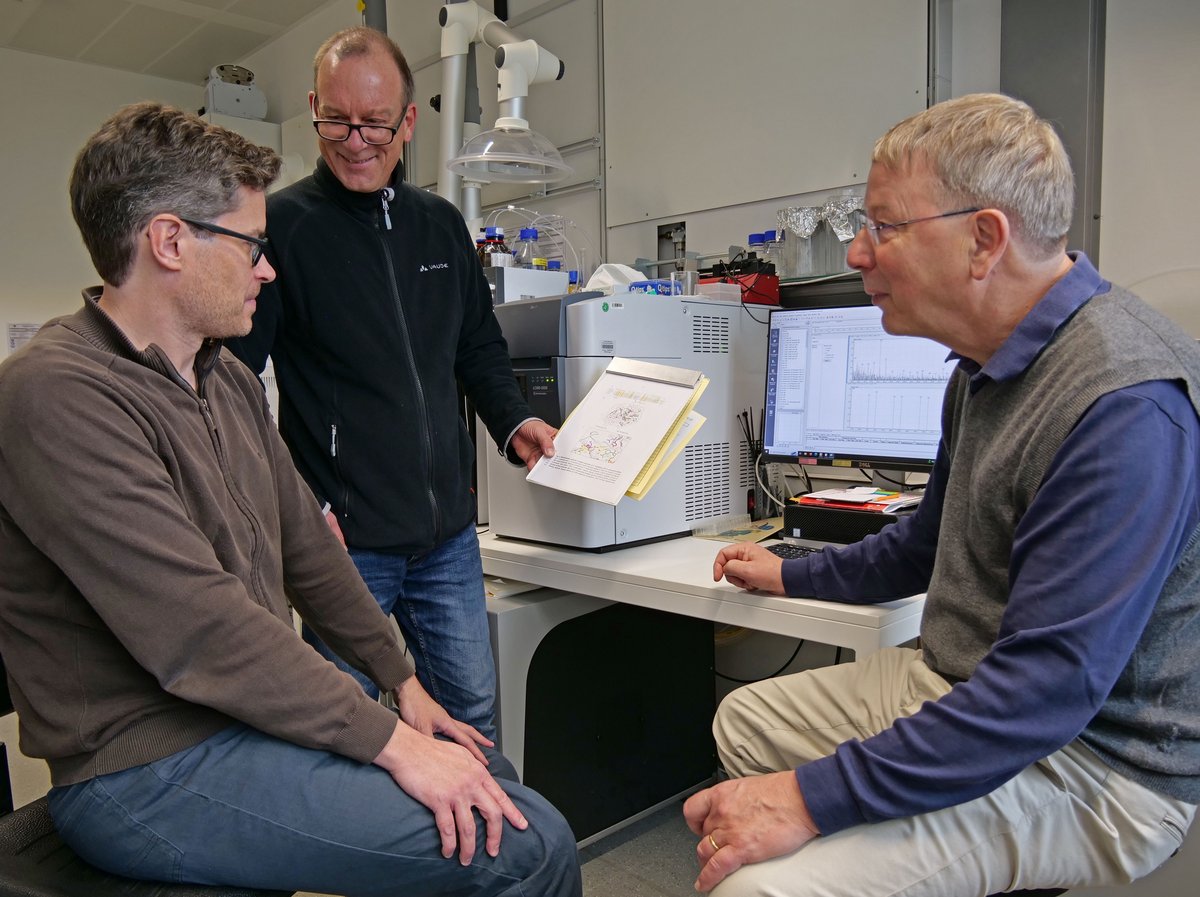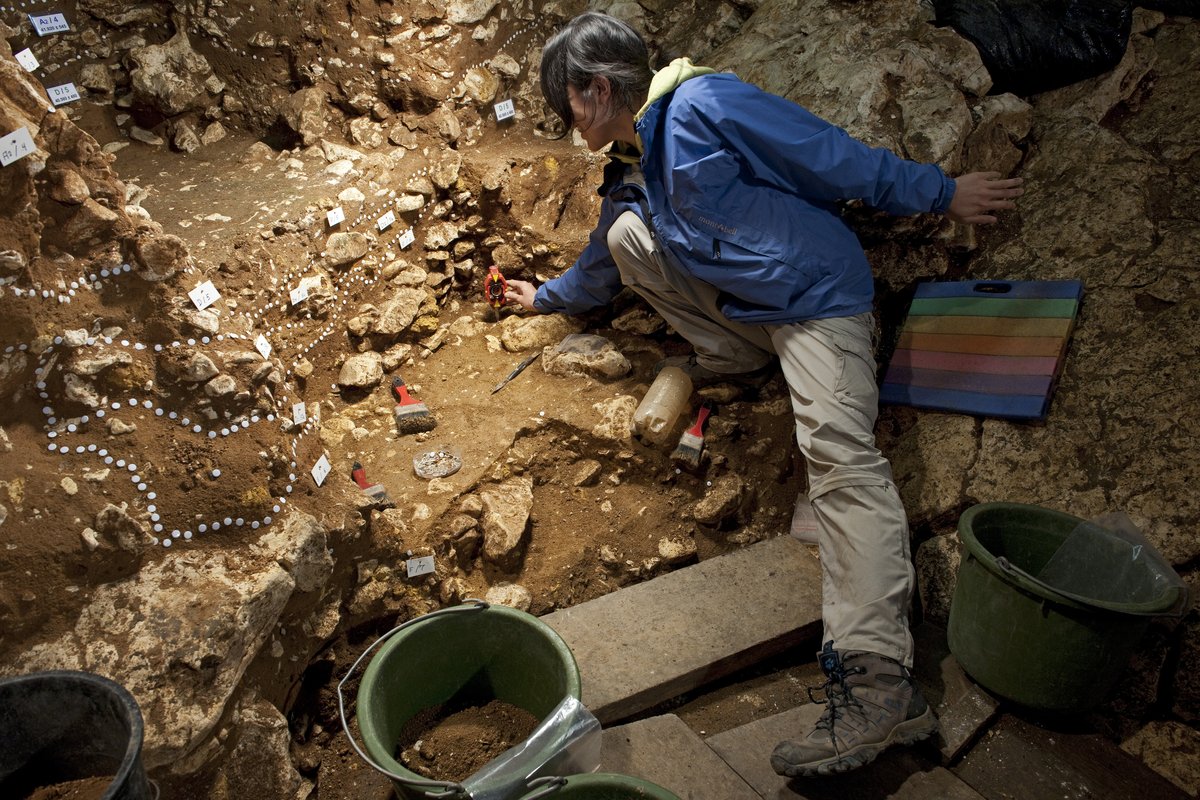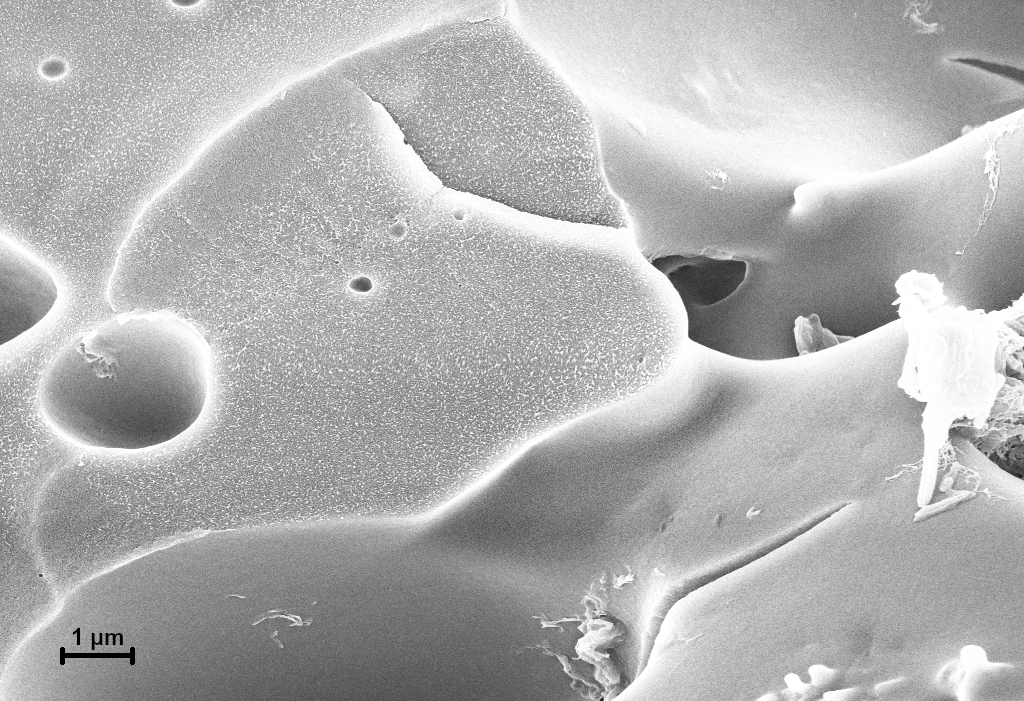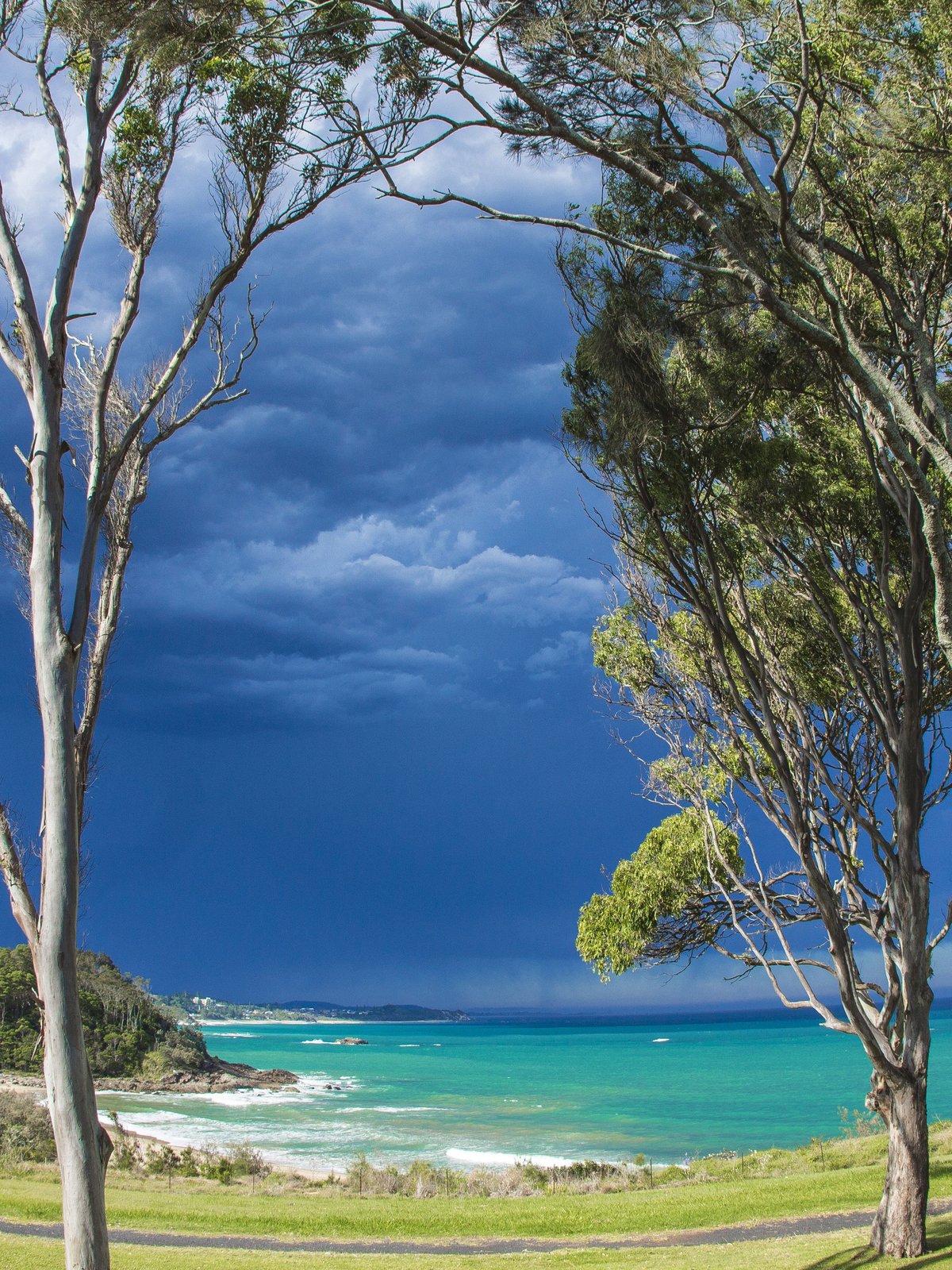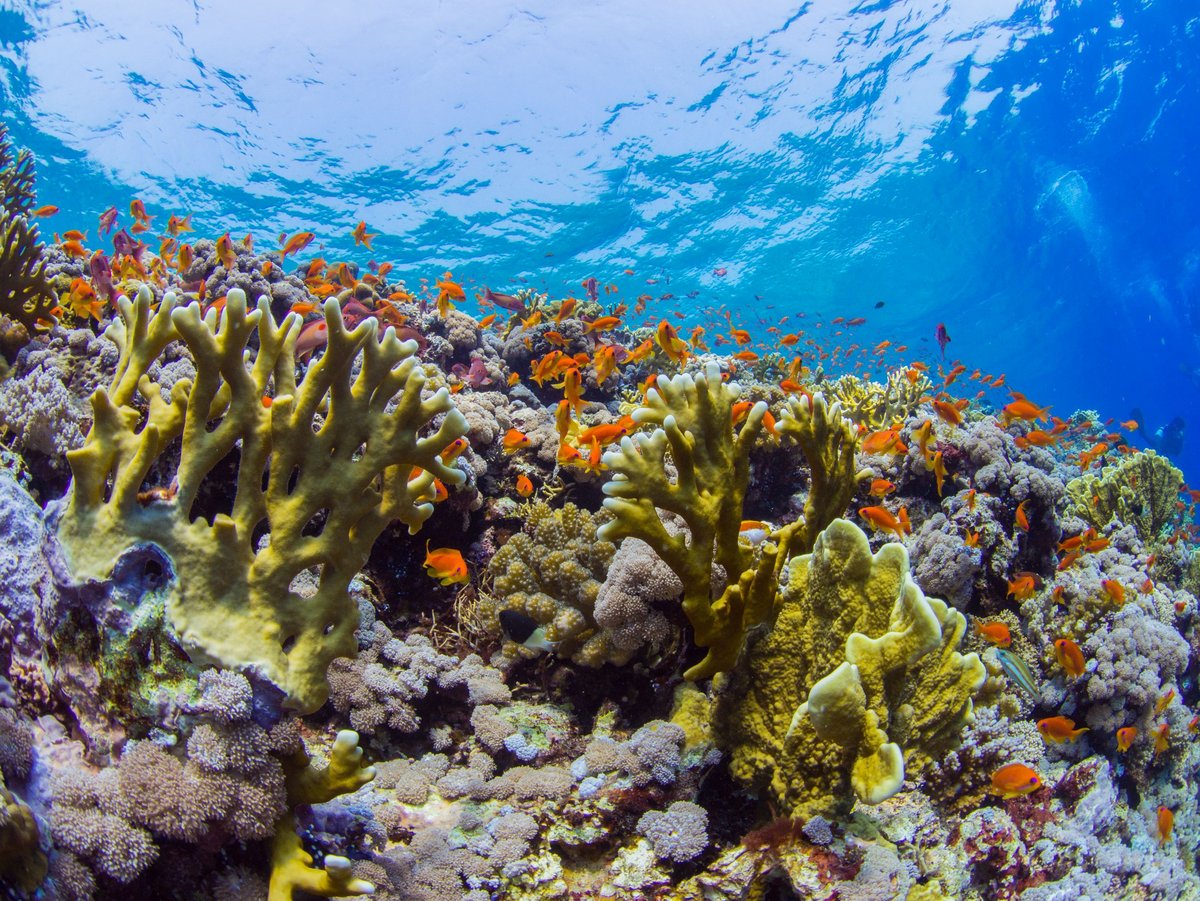
New DFG research unit "DynaSym"
How different species interact with each other, for example as predator and prey, is by no means fixed and can depend on the prevailing environmental conditions. Which factors play a role in this process is the focus topic of the new DFG research unit "DynaSym", with the participation of the University of Konstanz. The unit's spokesperson is Lutz Becks.
Read more


![[Translate to Englisch:] Quaggamuscheln im Genfersee: Die Biomasse pro Quadratmeter dürfte in den nächsten 22 Jahren noch um den Faktor 9 bis 20 anwachsen.](/fileadmin/_processed_/c/e/csm_1_9837bcc9b9.jpg)
